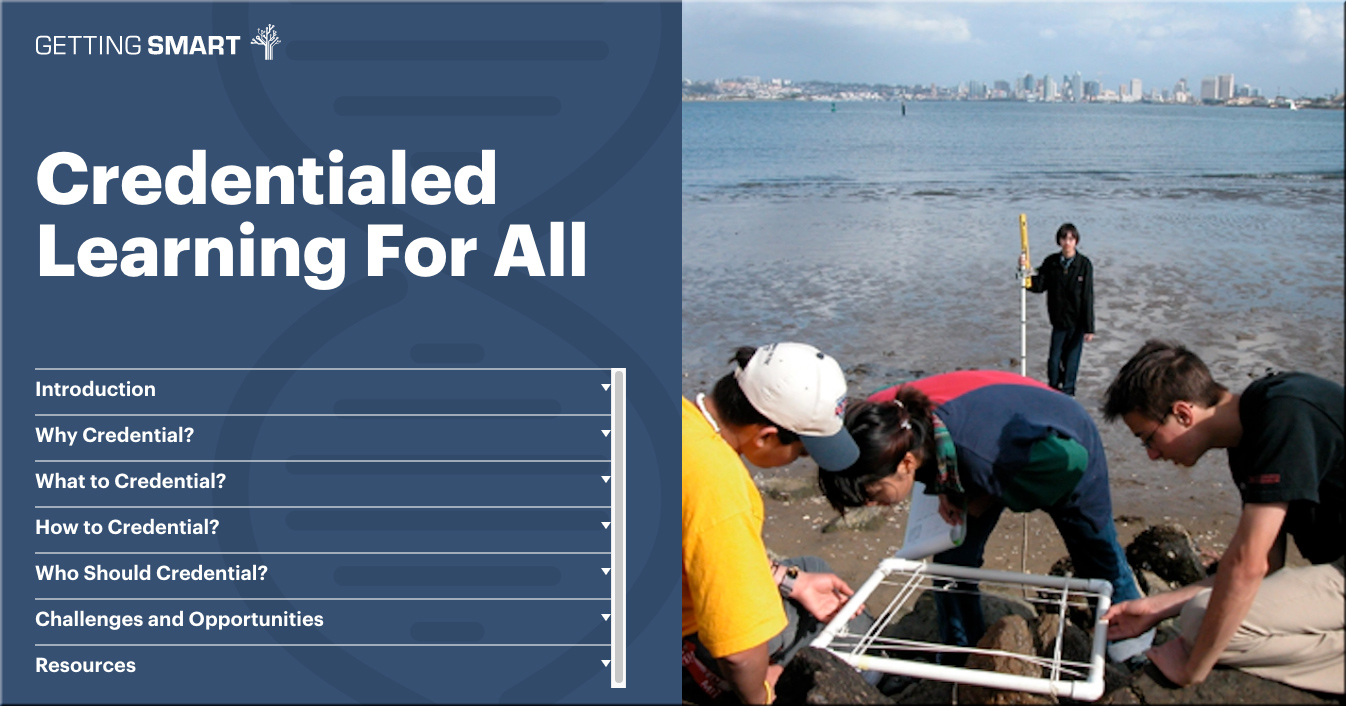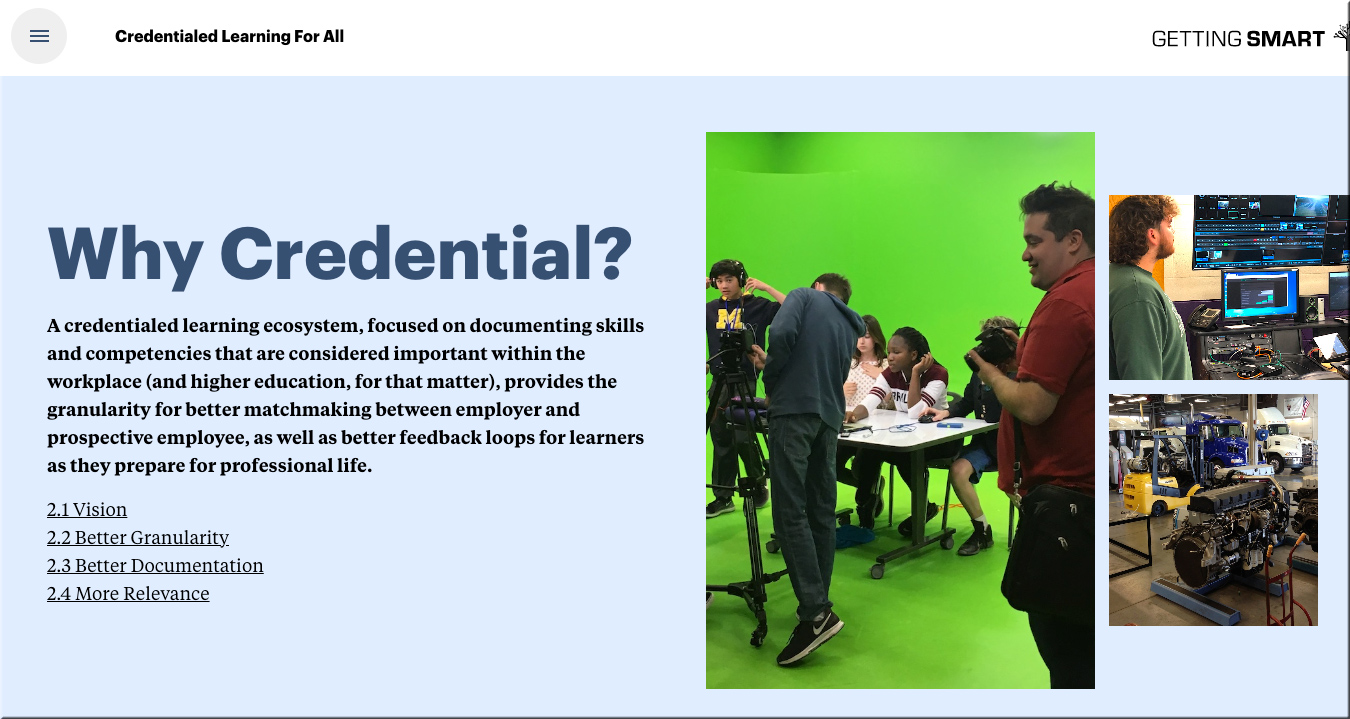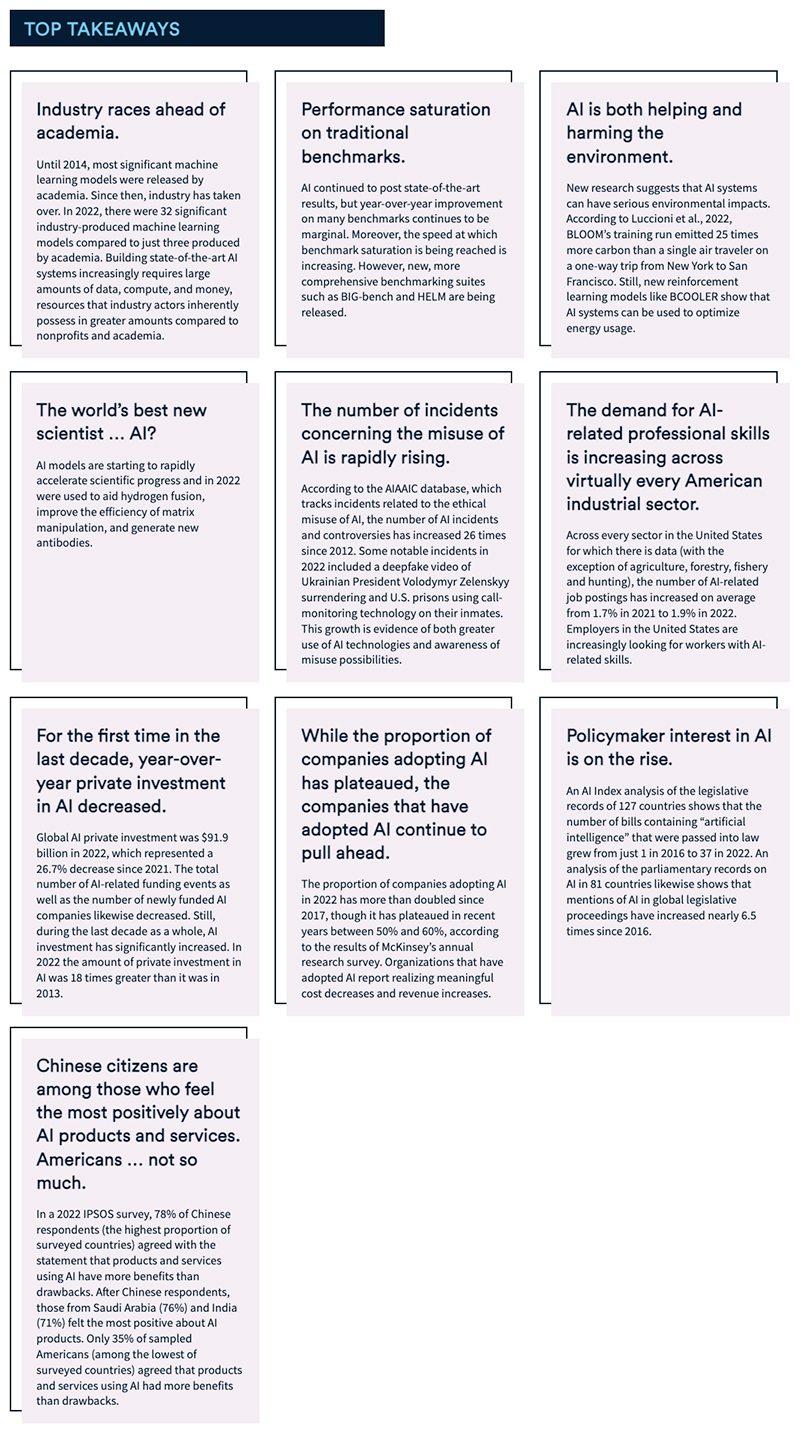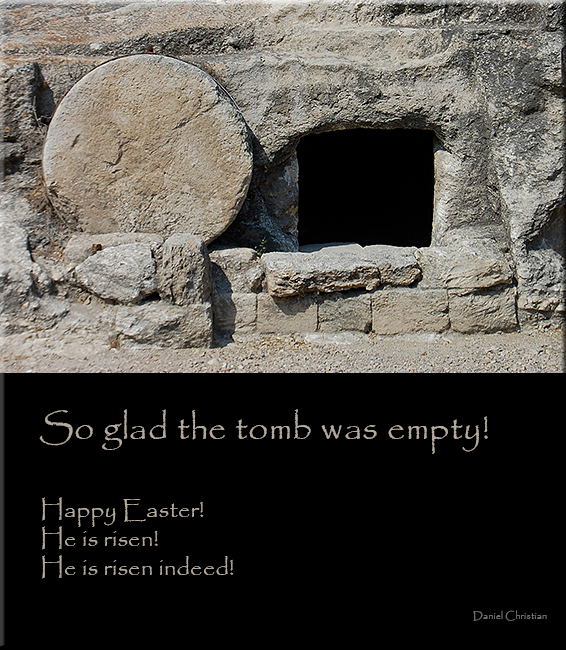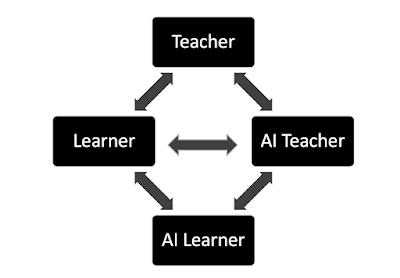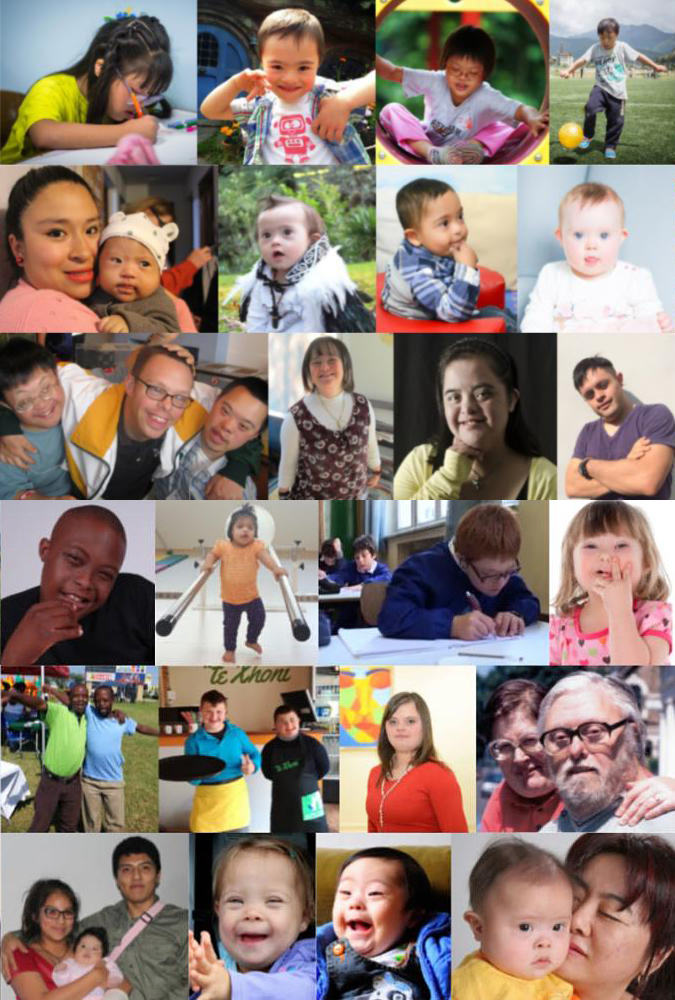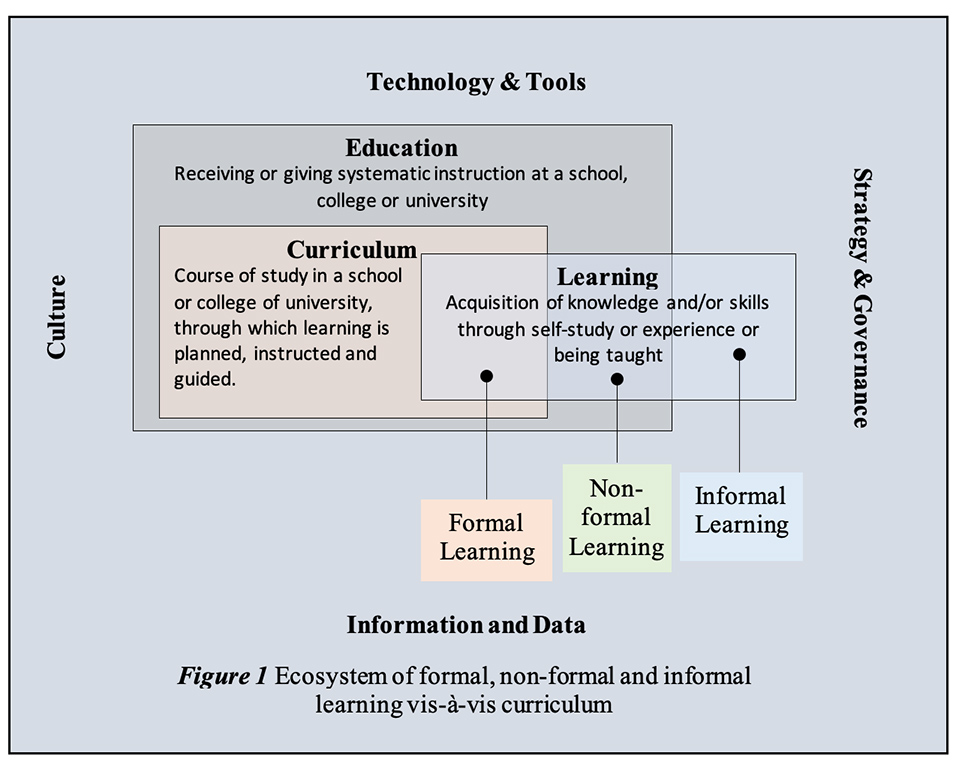Tech Titans: The crossroads of humanity and technology — from enterprisersproject.com by E.G. Nadhan
This year’s panel of IT leaders discusses the ongoing problem of equitable access to technology for underserved communities
Excerpts:
Can technology be a catalyst to improve the quality of life in these communities and, thus, resist the status quo?
“You cannot escape technology – tech is intertwined no matter what we do; it has become a utility like water, heat, and electricity. Not having access to technology can be detrimental to having access to the essentials of daily life. We need to work together to ensure that everyone – especially the underserved and disenfranchised communities – have access to technology.”
Also relevant/see:
Anywhere Learning Happens: The eduroam Global WiFi Access Service — from campustechnology.com by Mary Grush
A conversation with eduroam community leaders Saira Hasnain and Brett Bieber
Steadily, eduroam is reaching toward ubiquity, and that’s one big factor that will ultimately allow it to continue to expand services to users all around the globe.
…
Impressively, in 2022, eduroam logged more than 6.4 billion individual authentications around the globe.









